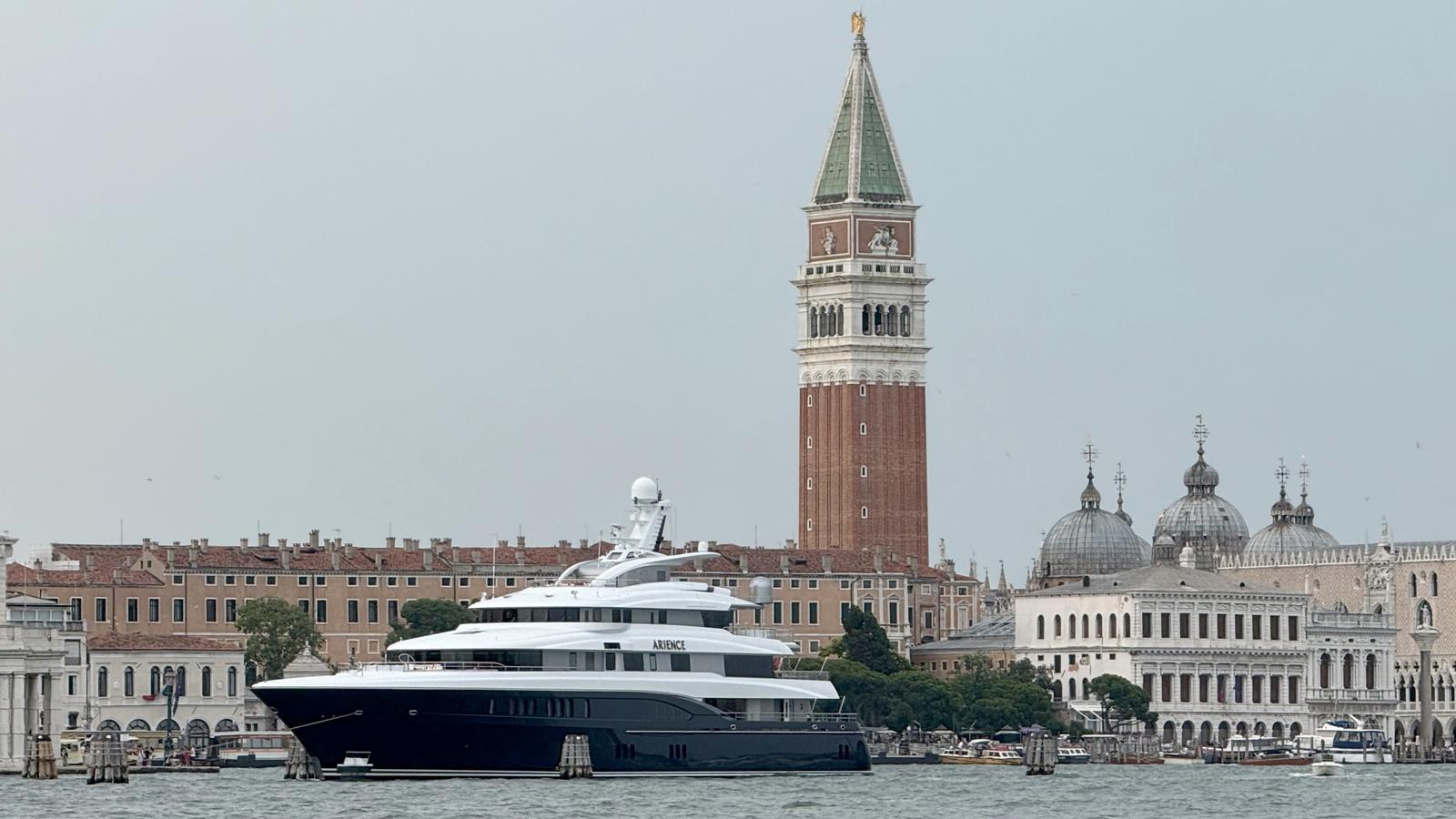The super-rich generate in ten days the entire carbon footprint they would generate in a year.
The richest 1% of the planet contributes 26 times more to the increase in heat waves than the rest of the population.


GenevaThe population's contribution to global warming is unequal and depends largely on its income.
The figures shown in the study are devastating: those with higher incomes have a significantly larger carbon footprint than the poor. The study, recently published in Nature Climate Change, also quantifies the consequences of these inequalities.
The results indicate that the richest 10% of the population is responsible for two-thirds of the global warming observed since 1990. The study also adds that the most powerful contribute 26 times more to the increase in extreme events such as heat waves and 17 times more to droughts in the Amazon.
"We found that wealthier emitters play a significant role in triggering these extreme events," said Sarah Schöngart, a researcher at Zurich University of Technology and lead author of the study. "These results could help inform climate change policies aimed at reducing emissions."
10% of the world responsible for 50% of emissions
Specifically, in 2019, consumption and investments by the richest 10% of the population were responsible for half of global emissions. Meanwhile, the poorest 50% contributed only a tenth of these emissions. The regions with the lowest economic levels are, in turn, those most affected by global warming and those facing the greatest difficulties in adapting to it, such as parts of the Amazon, Southeast Asia, and Southern Africa.
Although this trend was already known, the recent study quantifies in detail how emissions translate into an imbalance of responsibilities when it comes to bearing the consequences of rising temperatures and extreme weather events. "There is a direct link between these phenomena and our lifestyles and where investments are made, which in turn are related to wealth."
Cross-referencing climate and economic data
The study's authors, who combined economic data with climate simulations, were able to map emissions from different income groups and their relationship to extreme weather events. They also concluded from the results that the wealthiest 10% of the population in the United States and China has tripled the number of extreme heat events occurring in vulnerable regions. "If everyone emitted the same amount as the lowest-income 50% of the population, the world would have barely seen an increase in temperatures since 1990," explains Carl-Friedrich Schleussner, co-author of the study and a member of the Integrated Climate Impacts Research Group at IIASA, adding that "it effectively addresses these issues."
Beyond individual pollution, the study emphasizes the importance of emissions linked to certain financial investments. The study's authors assert that implementing policies to redirect these investments could yield significant climate benefits.
Who is responsible?
Another report by Oxfam follows a similar line, indicating that it takes just ten days for people in the richest 1% of the world to consume their carbon footprint for the entire year. Tim Gore, head of climate policy at Oxfam, comments that "the excessive consumption of the wealthiest minority is driving the climate crisis, and it's poor countries and young people who are paying the price."
These extreme inequalities are a direct consequence of the way governments have managed the carbon economy in recent decades. One of the greatest challenges facing politicians in reversing the climate crisis has to do precisely with accountability and the distribution of responsibilities among different strata of society. "Climate action that does not address the disproportionate responsibilities of the wealthiest members of society risks losing one of the most powerful levers we have to reduce future damage," Schleussner concludes.
Policies to follow for a fairer response
The authors suggest that the results obtained could motivate and encourage certain policies aimed at society's elites. Making the richest polluters more responsible could provide support for adaptation in the areas and countries most vulnerable to climate change. These measures to balance responsibilities in climate action are not only essential for combating climate change, but also for achieving a more just and resilient world.
